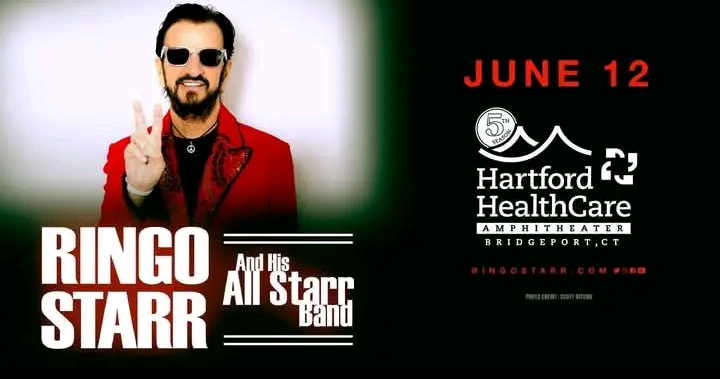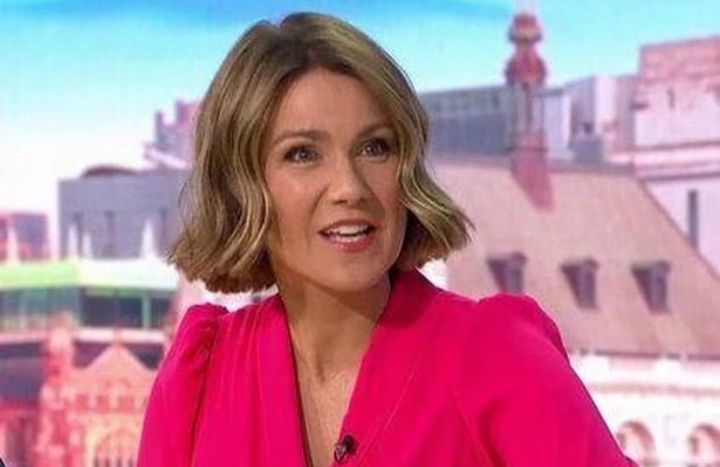
Married at First Sight shows the classist 2000s insult ‘chav’ hasn’t left Britain’s cultural conversation
The latest series of Channel 4’s reality dating show Married at First Sight UK has sparked widespread criticism for normalising harmful behaviour. The charities Women’s Aid and Refuge have publicly condemned the show’s inclusion of a male participant with a history of domestic abuse accusations.
Social media backlash, however, has revealed another harmful behaviour – longstanding class biases among viewers. This is particularly evident in the way some viewers have described female participants Holly Ditchfield and Polly Sellman as “chavs”.
I research the intersection between gender and class in popular culture, so for me, the show’s reception raises a pressing question. Why do stereotypes of working-class women persist so stubbornly in the British television landscape, even as viewers become increasingly alert to other forms of mistreatment and misconduct?
The term “chav” emerged as a prominent form of classist insult in British media in the 2000s. Sociologist Imogen Tyler has described it as “a ubiquitous term of abuse for the white poor”.
The distinctly British term “chav”, when applied to women and girls, targets perceived vulgarity, lack of sophistication and failures of proper femininity. The term carries decades of social stigma and moral judgement.
On social media, Married at First Sight viewers frequently compare Ditchfield and Sellman to notorious “chavs” from British popular culture. They range from Little Britain’s Vicky Pollard, to comedian Catherine Tate’s character, Lauren Cooper, to the late media personality Jade Goody. Goody’s treatment on another Channel 4 reality show, Big Brother, sparked national debates about class and representation in 2002.
Most revealing of these persistent comparisons is viewers’ comparison of the two women to the “Fat Slags”. They were Viz comic’s notorious cartoon characters Tracey Tunstall and Sandra Burke, who debuted in 1989.
These grotesque caricatures of working-class women were defined primarily by their size, uninhibited sexual appetites and perceived vulgarity. That viewers still reach for these references demonstrates their enduring power as cultural touchstones. They continue to frame and limit representations of working-class femininity.
Class distinction in the digital age
Through the #MAFSUK hashtag on X (formerly known as Twitter), this class-based criticism has found new life and vigour.
Online interactions using the hashtag represent what media scholar Mark Stewart identifies as a “virtual nation”. The term refers to a digital space where viewers reinforce class hierarchies through shared cultural references and in-jokes.








